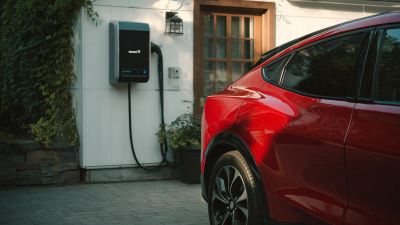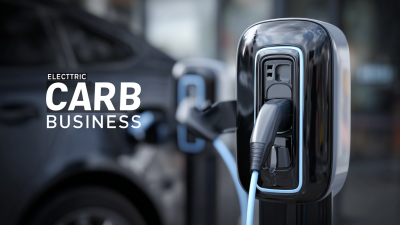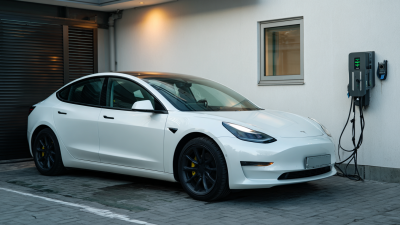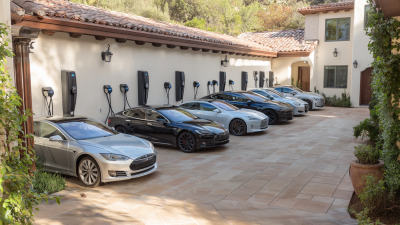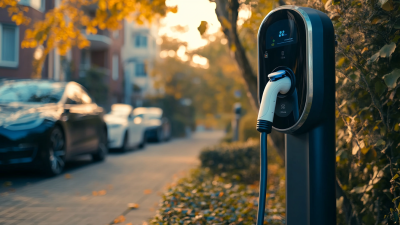As the world increasingly embraces sustainable living, the installation of a Home Vehicle Charging Station has emerged as a vital component for eco-conscious homeowners. According to a report by the International Energy Agency, the global electric vehicle (EV) stock surpassed 10 million in 2020, with projections indicating that by 2030, there could be over 140 million electric cars on the road. This shift towards electrification not only reduces greenhouse gas emissions but also highlights the necessity for supportive infrastructure. A dedicated home charging solution not only provides convenience but significantly lowers energy costs, as many utility companies offer discounts for off-peak charging. Furthermore, a study by the Electric Power Research Institute found that home charging can reduce total vehicle costs for owners while promoting a clean energy future. Thus, investing in a Home Vehicle Charging Station is not just an upgrade—it's a step towards a more sustainable and eco-friendly lifestyle.

Choosing the right location for your home vehicle charging station is crucial for maximizing efficiency and convenience. When selecting a spot, consider proximity to your parking area; placing the charger close to where you park will not only facilitate easier access but also minimize the need for costly and complex electrical installations. Additionally, ensure the location has adequate shelter from weather elements, as this will prolong the lifespan of your charging equipment.
Tips: If you have solar panels installed, position your charging station where it can benefit from direct sunlight. This will allow you to harness solar energy, reducing electricity costs and promoting eco-friendly living.
According to recent reports, a significant number of electric vehicle (EV) owners opt to charge at home, with many homeowners noticing remarkable savings on their energy bills by utilizing solar power in conjunction with home charging stations.
Moreover, the rising trend in hybrid and electric vehicle ownership emphasizes the need for convenient charging solutions. Data indicates that by 2025, the penetration rate of new energy vehicles in certain markets is projected to surpass 51%. As the market expands, having an efficient home charging station will not only enhance your driving experience but also contribute positively to the environment.
When selecting the best charging station for your electric vehicle, there are several key factors to consider to ensure you make an informed decision. First, assess the power output requirements of your vehicle. Different electric vehicles have varying charging capacities, so choosing a station that matches or exceeds your vehicle's needs can significantly reduce charging time. For example, Level 2 chargers typically provide quicker charging capabilities than standard household plugs.
Another important consideration is the compatibility of the charging station with your home’s electrical system. Ensure that your electrical panel can handle the additional load of the charger, and consult a qualified electrician if necessary. Additionally, think about the installation location—an ideally placed charging station should allow for convenient access and should be sheltered from the elements if possible. Lastly, look for features such as smart charging capabilities, which can optimize energy use and provide insights into your charging habits, further enhancing the eco-friendly benefits of your home vehicle charging station.
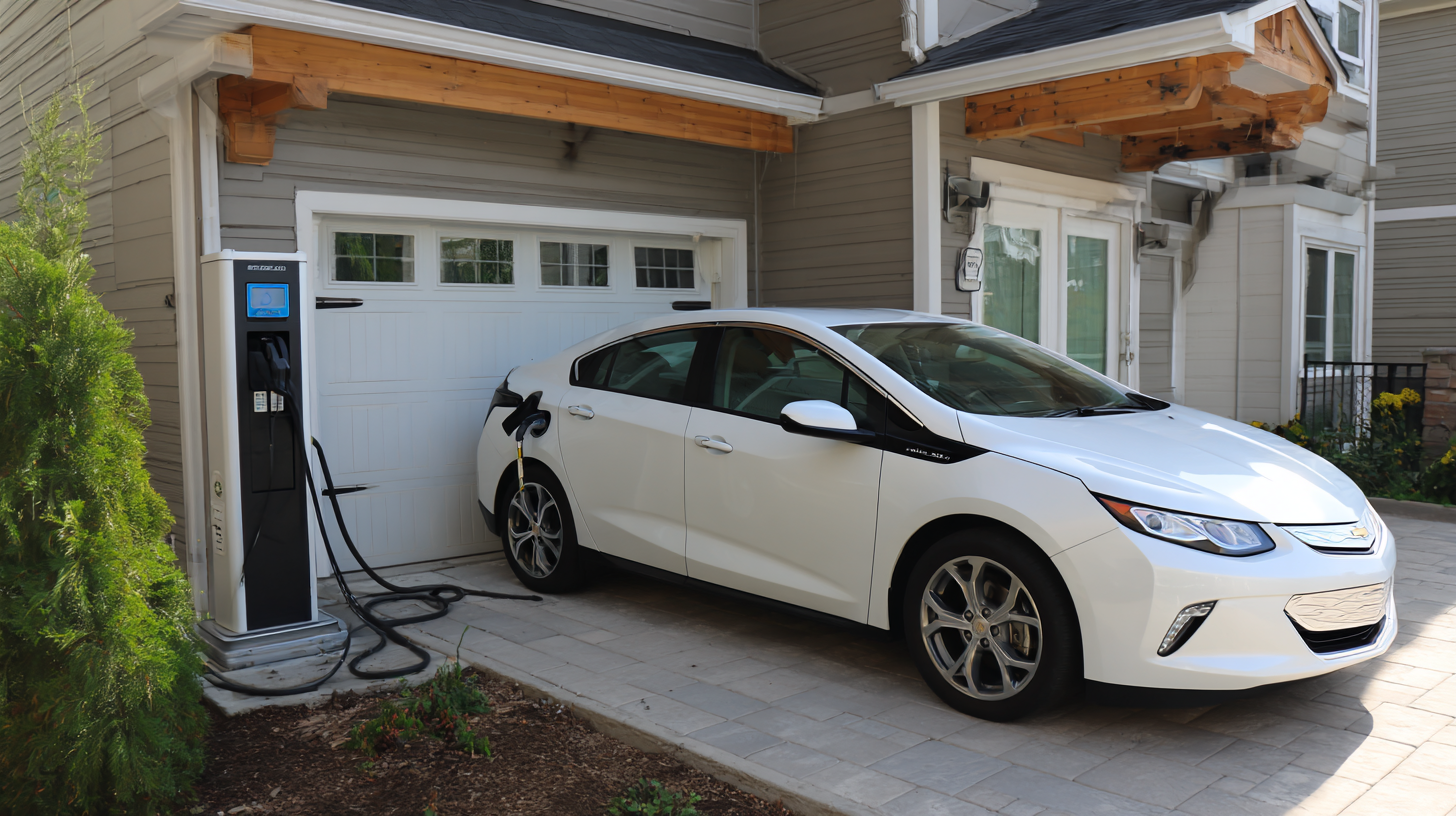
Installing a home vehicle charging station is an
essential
step towards eco-friendly living. However,
safety
and effectiveness during installation are paramount. First, you must select an appropriate location for your charging station, ideally close to your parking space while ensuring easy access to your home's electrical supply. Ensure that the area is
well-ventilated
and protected from the elements, which can enhance both safety and performance.
Tips: Before commencing the installation, it's crucial to hire a licensed electrician who has experience with EV charging stations. They can ensure that your electrical system can handle the added load safely. Additionally, invest in a charging station that has built-in safety features, such as
overcurrent protection
and grounding.
Lastly, keep your charging station maintained. Regularly check for wear and tear, and ensure the connections are secure. This will not only prolong the life of your charging station but also minimize the risk of electrical hazards, ensuring a safe and efficient charging experience for your electric vehicle.
When considering the installation of a home vehicle charging station, maximizing energy efficiency should be a primary goal. One practical approach is to schedule charging times during off-peak hours when electricity rates are lower and renewable energy sources, such as wind or solar, are more prevalent. Many charging stations come equipped with programmable timers or smart technology that allows users to set their charging preferences easily, thereby reducing costs and minimizing environmental impact.
Moreover, integrating solar panels into your energy system can significantly enhance the effectiveness of your charging station. By harnessing the sun's power, you can not only charge your vehicle but also reduce your reliance on grid electricity, further contributing to eco-friendly living. Additionally, keeping your electric vehicle’s software updated ensures optimal energy usage during charging cycles, maximizing the overall efficiency of the entire system. This thoughtful approach not only supports green energy initiatives but also leads to substantial cost savings over time, making it a win-win for both the environment and your wallet.
Installing a home vehicle charging station not only supports eco-friendly living but also opens the door to significant financial incentives. Recently, new legislation has impacted clean energy tax credits in the U.S., creating a sense of urgency for homeowners considering EV charging solutions. For instance, tax credits and rebates available for 2025 can significantly lower the installation costs of these charging stations. Homeowners might be eligible for federal tax credits that can cover up to 30% of the installation expenses. Additionally, many state governments offer specific incentives; for instance, states like Florida have provided credits for homeowners who install EV chargers, encouraging off-peak use to alleviate energy costs.
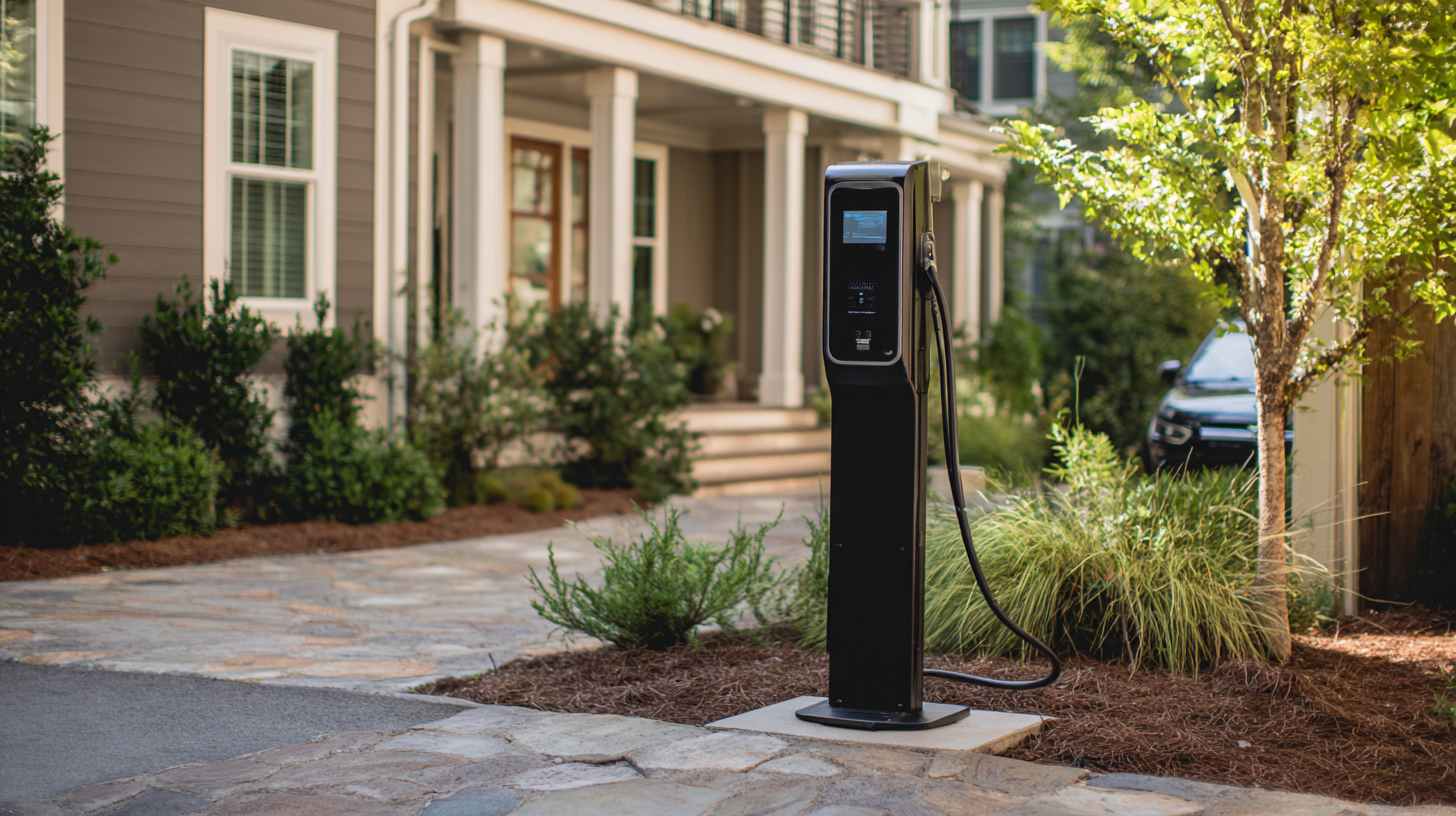
As various states revise their incentives, it's crucial to act swiftly. New South Wales in Australia has announced it will cease rebates for electric vehicle purchases while enhancing funding for charging infrastructure from 2024 onward. This transition underscores the need to leverage existing financial incentives quickly. Moreover, the phases of federal tax credits for clean energy solutions highlight the importance of checking local regulations and available rebates. Homeowners should consult with energy providers and local governments to understand the full scope of financial assistance available for installing a home vehicle charging station, ensuring they maximize their potential savings.
